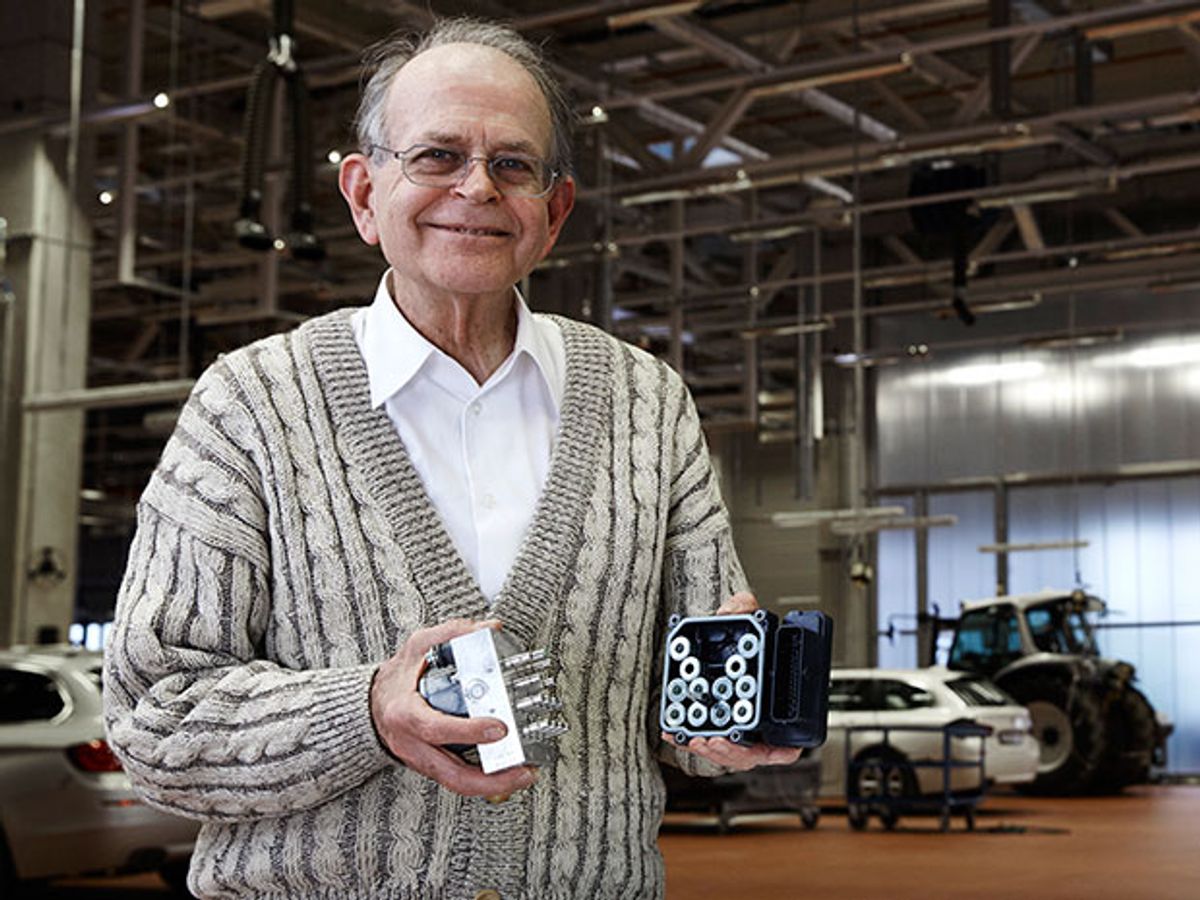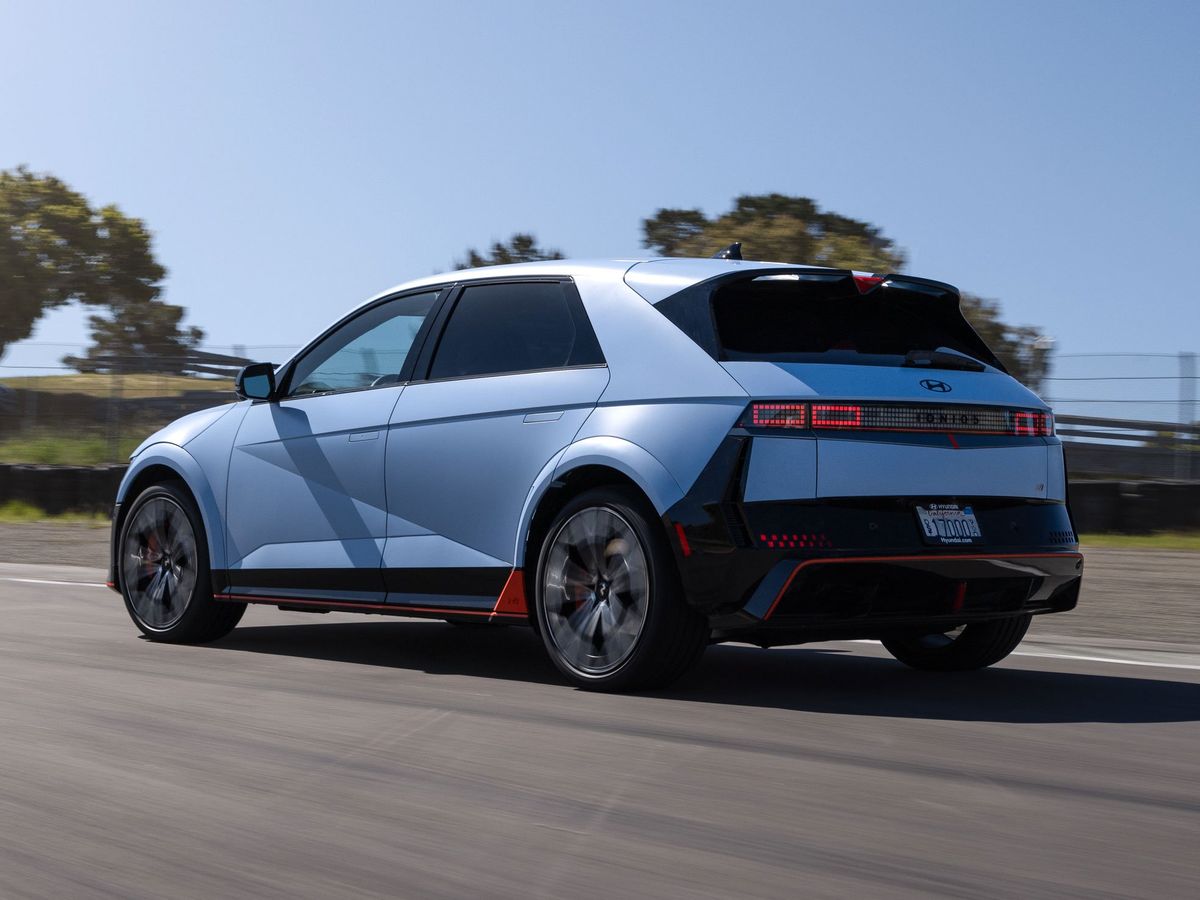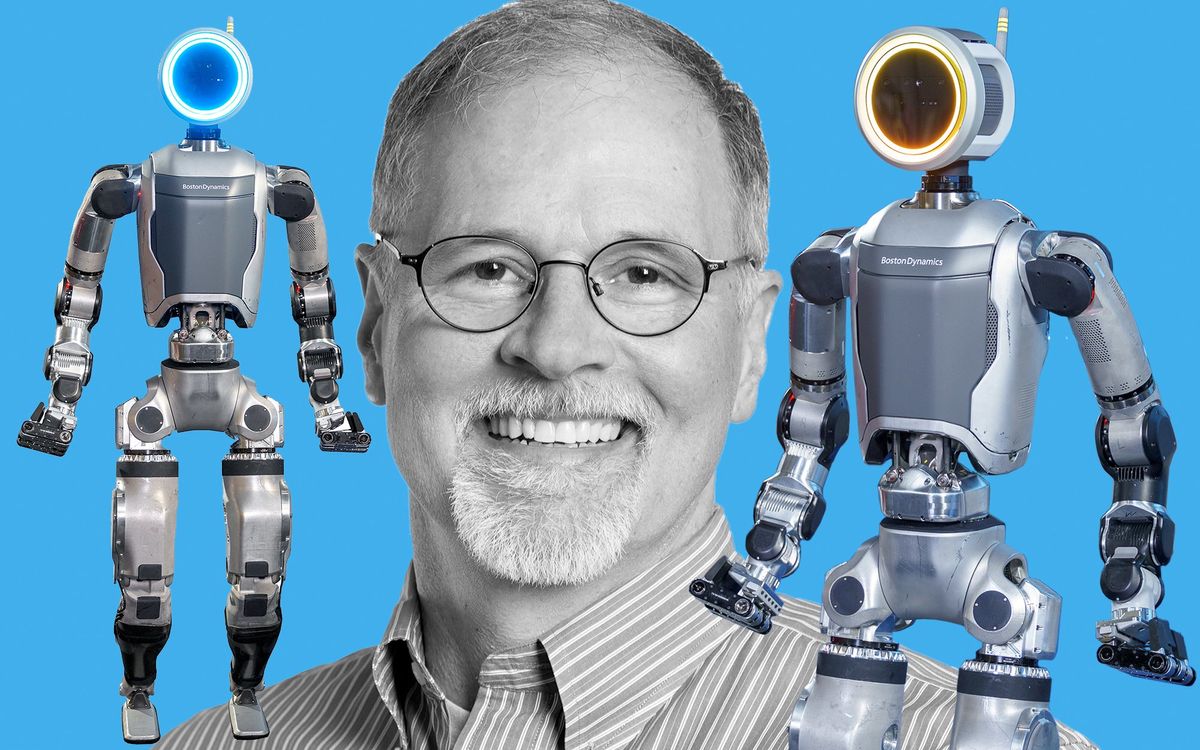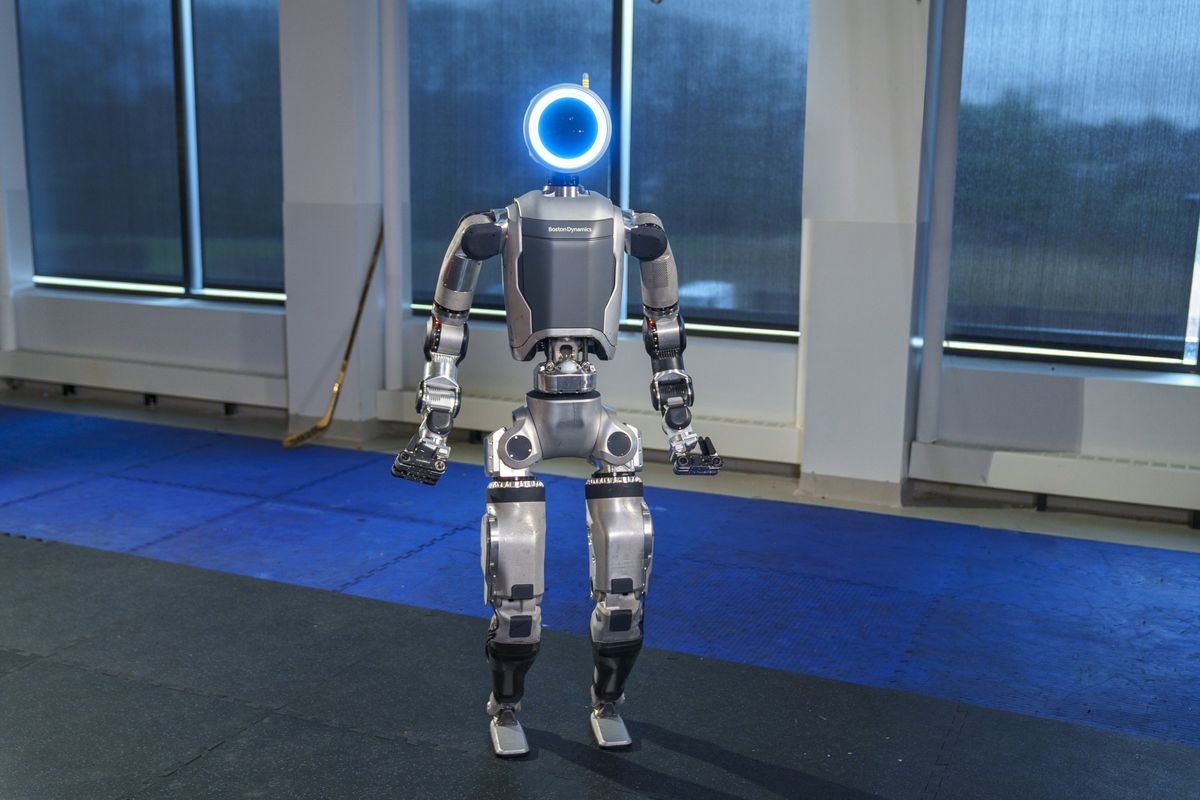Anton van Zanten did pioneering work at Bosch on a key part of a smart car’s smarts, then went off into retirement respected by his colleagues but hardly known to outsiders.
That mismatch was rectified on Thursday, when the European Patent Office gave him the 2016 European Inventors Award for lifetime achievement, in Lisbon, Portugal. The award, presented by the president of Portugal, came in the shape of a sail.
Van Zanten’s main achievements were in electronic stability control, which does for today’s car what the brain stem and cerebellum do for the human body: it keeps everything in balance.
“ESC is the single most important part of ADAS [advanced driver assistance systems]; it is the basis for all future ADAS systems,” he tells IEEE Spectrum.
Such aborning systems will include the prevention of vehicle rollover, the mitigation of the swaying of a trailer, and braking assistance, which helps the driver reduce braking distance. Another advance will be secondary collision avoidance—the kind that kicks in after the car saves the driver from a first collision, leaving him so shocked that he may not even be able to come to a full stop. So the car does that for him.
Van Zanten, a native of the Netherlands, got the nub of his idea at Cornell University in 1973, while doing a Ph.D. dissertation on how best to brake a semitrailer truck while keeping it firmly in its lane. He joined Bosch in 1977, began to implement his idea in 1982, and saw the fruits of his labor in 1995, when a Bosch customer, Mercedes-Benz, fielded the first ESC in its S-class sedan.
Other companies have also developed ESC systems: Delphi, in the United States; TRW (now ZF TRW Automotive Holdings); Toyota; and a number of other Japanese companies.
ESC is built on more basic programs, notably automatic braking (ABS) and traction control systems. “ABS works only during panic braking, not during coasting or partial braking or free rolling. And traction control usually works only if you have full acceleration,” Van Zanten says. “But ECS controls car motion at any time.”
He added that ESC reduces serious accidents due to skidding by about 40 percent—and that’s in cars that already have ABS and traction control.
In the early days, the Bosch engineers had to rely mostly on sensors that were already in cars. There were, for instance, the speed sensors on each wheel, and the steering wheel sensor, which was already in use at Mercedes when the Bosch system was implemented.
“We also needed pressure control sensors to find out how the driver is braking,” he says. “From the engine controls we could get acceleration. Then we needed a yaw rate sensor to measure rotational speed about the vertical axis; it was not available at the time, so we had to look for one that was robust and accurate enough and which was affordable.”
A yaw sensor used in cruise missiles would have been perfect for the job, but it cost “something like 25,000 Euros,” so Bosch had to develop a sensor on its own, for a few hundred euros.
Today, such sensors are approaching the dime-a-dozen level, their number is increasing, and their output is being enhanced by such network services as GPS and car-to-car communication. It’s a wealth of opportunity, Van Zanten notes.
Can it be that these electronic systems provide so much backup that they tempt car makers to entertain less stable mechanical designs? That’s the tradeoff taken by designers of today’s military jets, which would drop out of the sky without digital systems to fine-tune the air control surfaces.
“Sometimes people do take advantage of the flexibility that comes from having ESC on board,” Van Zanten says. “From my side, I always recommend having a good suspension so that the job of ESC is easier.”
Philip E. Ross is a senior editor at IEEE Spectrum. His interests include transportation, energy storage, AI, and the economic aspects of technology. He has a master's degree in international affairs from Columbia University and another, in journalism, from the University of Michigan.



